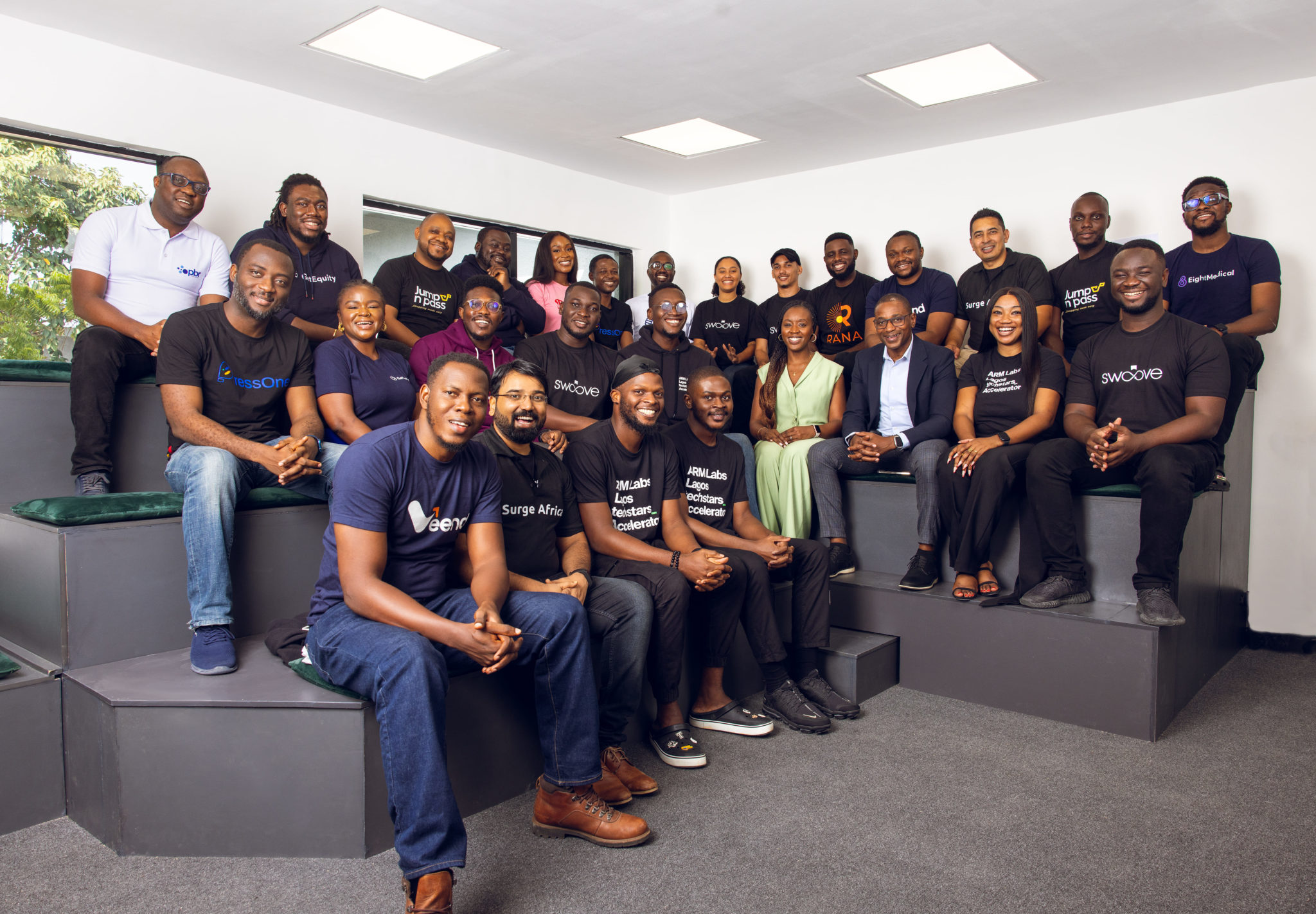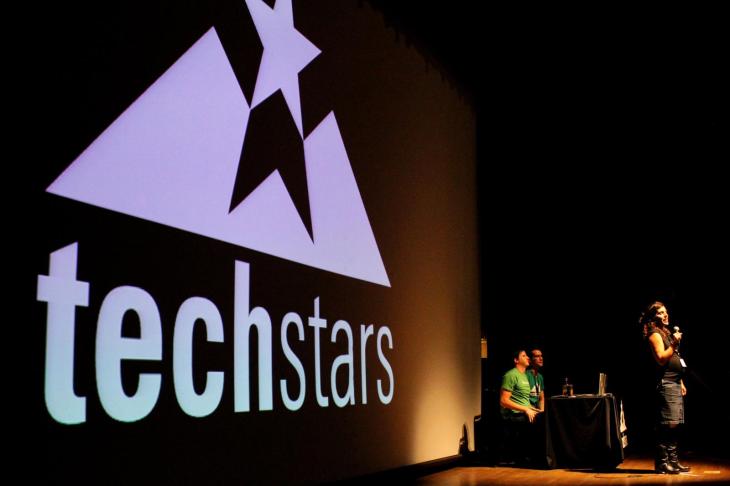Techstars Unveils 12 Promising Startups in Second Cohort for Lagos-based Accelerator Program
In a strategic move to bolster Africa’s startup ecosystem, Techstars, renowned as one of the continent’s most active investors, has revealed its second cohort for the Lagos-based accelerator program. This initiative, conducted in collaboration with Nigerian accelerator ARM Labs, will infuse a total of $120,000 in funding into a diverse range of startups spanning Ghana, Nigeria, and East Africa.
Techstars, a global accelerator boasting a portfolio of over 3,000 companies, is set to play a pivotal role in the growth trajectory of these startups. The 12 selected enterprises, four of which have at least one female co-founder, will not only benefit from substantial financial backing but will also receive cash-equivalent support exceeding $400,000. This encompasses hosting, accounting, legal assistance, and various other benefits amounting to over $5 million.
Oyin Solebo, Managing Director of ARM Labs Lagos Techstars Accelerator, emphasized the contemporary challenges faced by founders, stating, “The current market dynamics mean that founders need a combination of financial support as well as technical assistance and access to networks in order to build resilient businesses.”
After a remarkable 2022 where nearly $5 billion was raised in the African tech space, 2023 saw a funding slowdown. The funding winter led to a more cautious investment approach among investors. However, Techstars remains undeterred, extending its support to startups beyond the realms of fintech and proptech. This cohort reflects a diversified portfolio, encompassing fintech, logistics, e-commerce, healthtech, renewable energy, and the future of work.
“Our second cohort truly showcases, and perhaps also epitomizes, the wealth of talent, innovation, and ingenuity that can be found within the African tech ecosystem,” added Solebo.
In addition to the financial backing, the cohort will receive invaluable mentorship from prominent figures in Africa’s tech ecosystem. The roster includes Tunde Kehinde, CEO of Lidya; Bode Abifarin, COO at Flutterwave; Tingting Peng, Chief Capital and Strategy Officer at Moove; Kevin Simmons, a partner at LoftyInc; Lola Esan, a partner at EY; and Yischai Beinisch, the Head for Shell’s West African Emerging Market Power.
The selected startups, ranging from asset-light marketplaces to e-commerce platforms and healthcare solutions, will also tap into the expansive Techstars network, comprising 10,000 founders, alumni, and mentors.
Meet the innovative startups in this cohort:
- 24Seven: An asset-light marketplace facilitating small businesses with credit-based inventory ordering and one-hour doorstep delivery.
- Beauty Hut: An e-commerce platform enabling users to shop from their favorite beauty brands via a web store and mobile app.
- Eight Medical: An end-to-end platform connecting users to emergency medical resources, reducing waiting times significantly.
- GetEquity: Facilitating access to investment opportunities by SEC-accredited providers through investment aggregation.
- JumpnPass: A mobile self-checkout platform allowing shoppers to scan product barcodes, pay for items, and skip queues.
- One Plan: Assisting workers in Africa’s informal economy to create affordable financial plans for retirement, credit, and insurance.
- PBR Life Sciences: Providing pharmaceutical, consumer healthcare, and medical device companies with access to high-quality market data.
- PressOne Africa: Offering businesses deeper insights into phone conversations through a communication platform.
- Rana: Democratizing access to clean and reliable solar systems for SMEs and residential customers through affordable subscriptions.
- Surge Africa: Enabling instant cross-border transfers and reducing fees for individuals, micro-entrepreneurs, and MSMEs.
- Swoove: Empowering logistics companies in emerging markets with dispatch automation, fleet management, and tracking.
- Veend: Enabling individuals and businesses with verifiable income to access funds on-demand.
The accelerator program is set to culminate in a Demo Day on February 22nd, 2024, offering an exclusive platform for founders to showcase their progress and innovations.
Techstars Lagos

Charles Rapulu Udoh is a Lagos-based lawyer, who has several years of experience working in Africa’s burgeoning tech startup industry. He has closed multi-million dollar deals bordering on venture capital, private equity, intellectual property (trademark, patent or design, etc.), mergers and acquisitions, in countries such as in the Delaware, New York, UK, Singapore, British Virgin Islands, South Africa, Nigeria etc. He’s also a corporate governance and cross-border data privacy and tax expert. As an award-winning writer and researcher, he is passionate about telling the African startup story, and is one of the continent’s pioneers in this regard.







